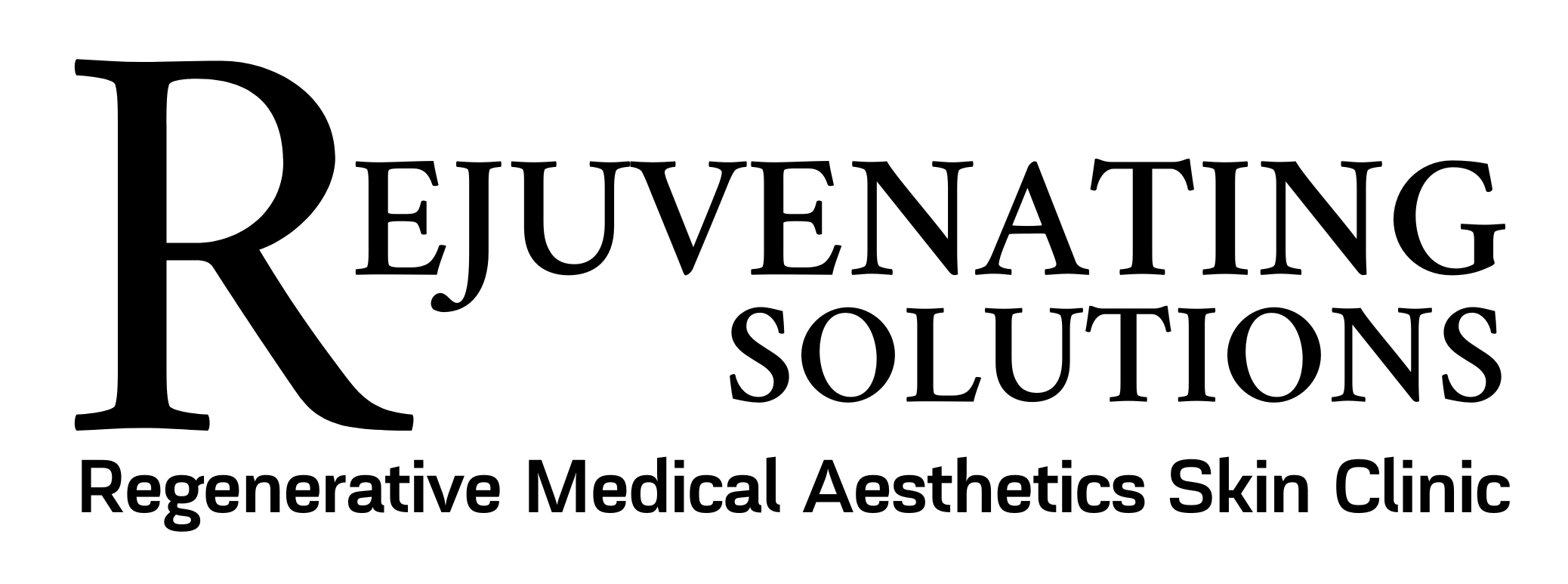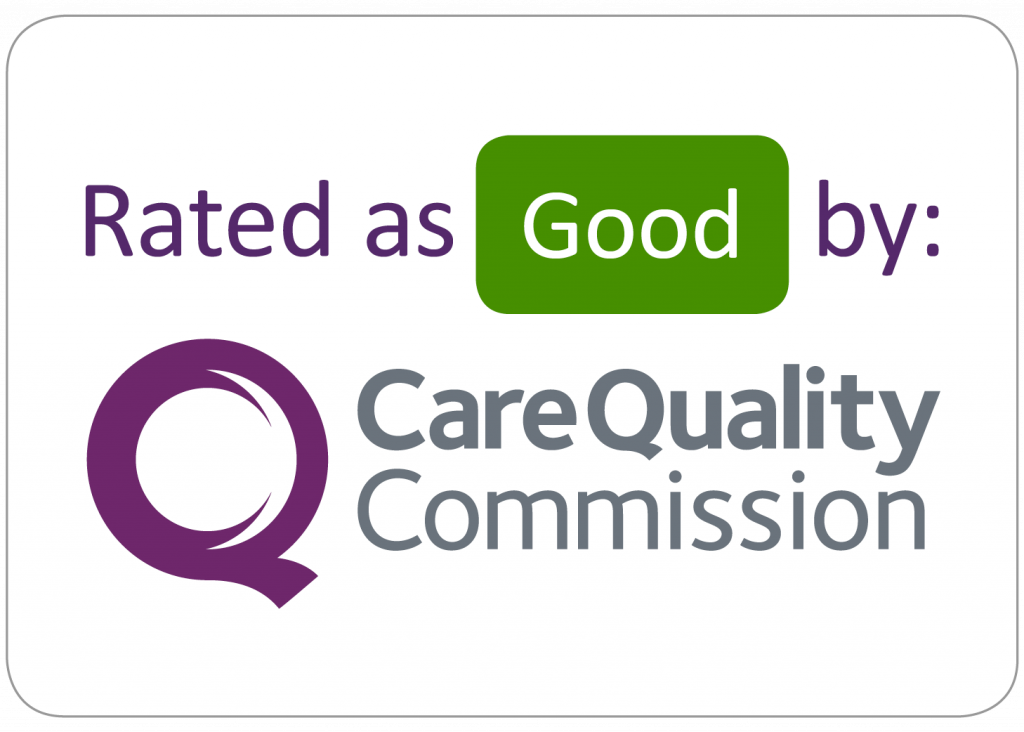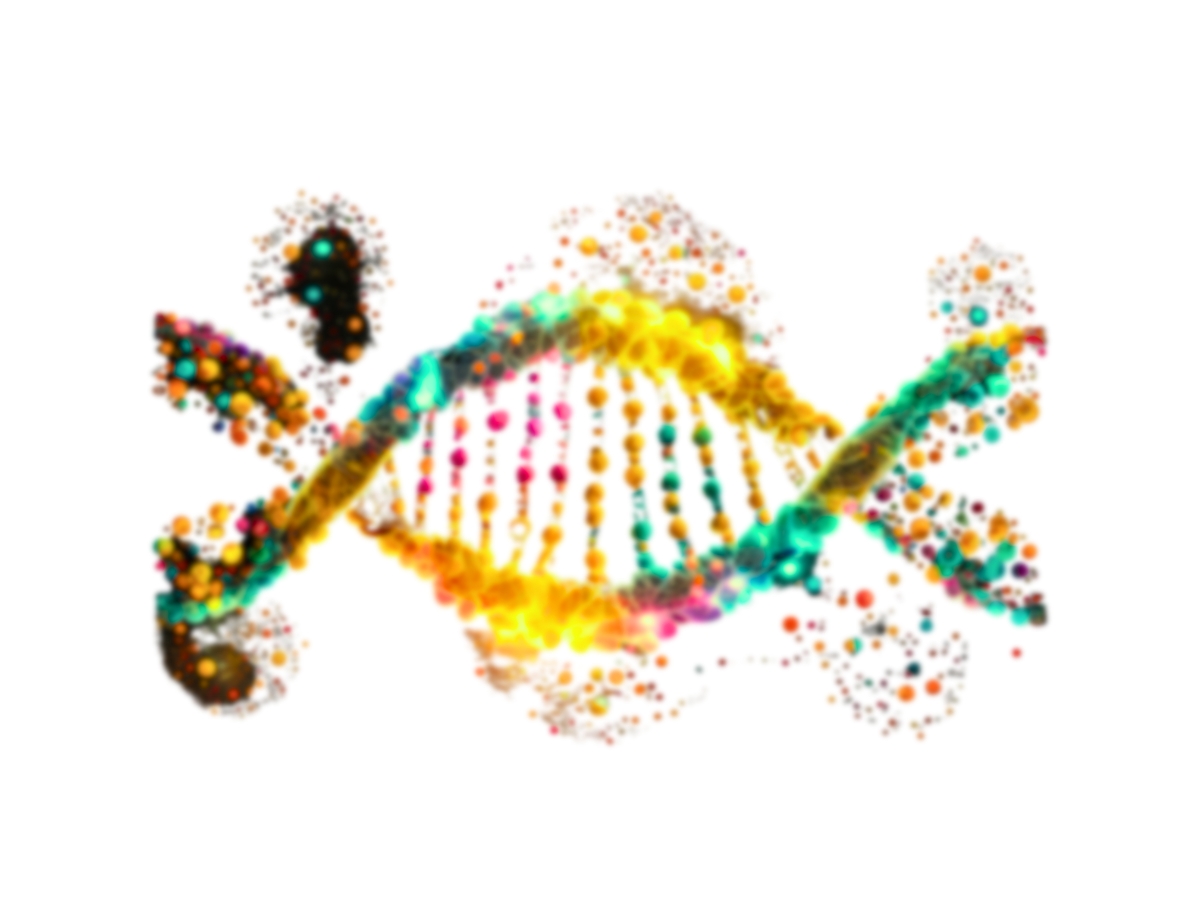Polynucleotides are a breakthrough in the realm of skincare. They are transforming the way we approach ageing and regenerative medicine.
As we offer polynucleotide treatments at Rejuvenating Solutions, we thought it might be useful to create an article exploring their role in skin health, how they work, and why they could be the answer to your skincare needs.
Polynucleotide Benefits:
- Improved skin elasticity
- Increased skin hydration
- Rebalance melanocyte activity
- Calm inflammation
- Reduction of scarring
- Combat signs of ageing
What are Polynucleotides?
Polynucleotides are long chains of nucleotides, which are the building blocks of DNA and RNA. These chains play a crucial role in the body, particularly in protein synthesis and the transmission of genetic information. In the field of skin health, the potential of polynucleotides to significantly improve various skin conditions has recently gained recognition.
Boost Collagen Production
Polynucleotides have a profound impact on the health and vitality of our skin, particularly through their role in collagen production. Collagen, a protein that provides structure and elasticity to our skin, is produced by cells known as fibroblasts. As we age, the activity of these fibroblasts decreases, leading to a reduction in collagen production and the visible signs of ageing.
Polynucleotides have been shown to stimulate fibroblasts, thereby boosting collagen production. They do this by interacting with the fibroblasts in our skin, encouraging them to produce more collagen and elastin. This interaction is believed to take place via specific fibroblast receptors that recognize and bind to the polynucleotides.
In addition to stimulating fibroblasts, polynucleotides also help to protect these cells from damage. They do this by providing a source of nucleotides, which are essential for the repair and replication of DNA. This is particularly important in skin cells constantly exposed to environmental stressors such as UV radiation that can damage DNA and impair cell function.
Polynucleotides help maintain our skin’s structure and elasticity by stimulating fibroblasts and boosting collagen production, promoting a more youthful appearance. This makes them a powerful tool in anti-ageing skincare treatments.

The Polynucleotide Treatment
Polynucleotide treatments are typically administered through a series of injections directly into the skin. This process involves using a series of micro-injections to deliver the polynucleotides into the dermal layer of the skin, where they can have the most impact.
The procedure begins with thoroughly cleansing the skin to remove dirt, oil, or makeup. A numbing cream may be applied to ensure comfort during the treatment. A fine needle injects the polynucleotide solution into the targeted areas. The number of injections will depend on the size of the treatment area.
The entire process usually takes about 30 to 60 minutes, depending on the size of the treatment area. It’s a minimally invasive procedure with little to no downtime. You can typically return to your regular activities immediately after treatment.
Polynucleotide Results
Polynucleotide treatments are known for their impressive results in skin rejuvenation. After treatments, you can expect your skin to appear more youthful, with increased elasticity and firmness. This is due to the stimulated production of collagen and elastin, key to maintaining the skin’s youthful appearance.
The results are not immediate, but you should start noticing skin texture and appearance improvements within a few weeks following the treatment. The skin will appear plumper, smoother, and more radiant. Fine lines and wrinkles may be less noticeable, and the skin’s overall tone and texture will be improved.
With regards to side effects, they are generally mild and temporary. The most common side effects include redness, swelling, or bruising at the injection sites. These typically subside within a few days. Some patients may also experience slight discomfort or a burning sensation during the injection, which is usually alleviated by using a numbing cream before the procedure.
Polynucleotides FAQs
What can polynucleotides treat?
Polynucleotides can address various skin issues, including general signs of ageing, dull skin, rosacea, lines and wrinkles, crepey skin, and acne.
How are polynucleotide treatments administered?
Polynucleotide treatments involve using a series of micro-injections to deliver the polynucleotides into the dermal layer of the skin, where they can have the most impact.
What results can I expect from polynucleotide treatments?
After a treatment course, you can expect your skin to appear more youthful, with increased elasticity and firmness. The results are not immediate, but you should start noticing skin texture and appearance improvements within a few weeks following the treatment.
Are there any side effects of polynucleotide treatments?
Treatments involving polynucleotides are typically deemed safe when carried out by skilled practitioners. As with all medical interventions, they can have possible side effects, such as discomfort at the site of injection, bruising, swelling, and allergic responses.
How many polynucleotide treatments do I need?
Polynucleotide treatments are recommended to consist of 3 or 4 treatments spaced out by 2-3 week intervals. This recommendation depends on your exact personal requirements.
Polynucleotides For You
With the growing popularity of polynucleotides in the aesthetic market, we can expect to see further advancements and trends in this exciting skincare area.
It’s important to note that while polynucleotide treatments are generally safe, they should be administered by a trained professional to ensure the correct procedure is followed and to minimise the risk of any potential side effects.
Should you have any questions or wish to book a consultation, don’t hesitate to get in touch. You can reach us via call or by visiting our contact us page.




